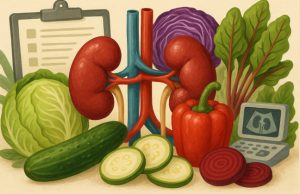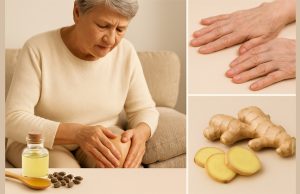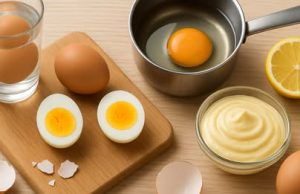
Soft towels and bed sheets may be what everyone wants. While many commercial fabric softeners promise to do the job, some people are turning to natural alternatives like vinegar to achieve the same results.
But the question is can vinegar truly soften towels and bed sheets? In this article, we will delve into the science behind this household remedy and provide tips on how to use it effectively. Additionally, we’ll delve into other methods that can help soften your linens.
Understanding Vinegar
As a versatile liquid, vinegar has been used for centuries for various purposes, including cooking, cleaning, and even as a home remedy for various ailments. One of its lesser-known uses is as a laundry aid. White distilled vinegar, made from fermented grain alcohol, is the most commonly used type for this purpose. It contains acetic acid, which plays a crucial role in softening fabrics.
How Does Vinegar Soften Towels and Bed Sheets?

Breaks Down Residue: Over time, towels and bed sheets can accumulate residue from detergents, fabric softeners, and body oils. This residue can make fabrics feel stiff and less absorbent. Vinegar’s acetic acid helps break down and dissolve these residues, restoring the fabric’s natural softness.
Balances pH Levels: Vinegar’s mildly acidic pH level can help balance the pH of your laundry water. This is important because hard water, which has a high mineral content, can make fabrics feel stiff. By balancing the pH, vinegar can counteract the effects of hard water and contribute to softer laundry.
Reduces Static Cling: Static electricity can cause fabrics to feel rough and cling to each other. Vinegar can help reduce static cling by neutralizing static charges, resulting in softer, more manageable towels and bed sheets.
How to Use Vinegar to Soften Towels and Bed Sheets
Pre-Wash Soak:
Fill a basin or bathtub with warm water and add 1-2 cups of white vinegar before washing your towels and bed sheets. Allow the linens to soak for 15-30 minutes. This pre-wash soak will help break down residues and freshen the fabrics.
Regular Wash:
After the pre-wash soak, launder your towels and bed sheets as usual. Add a half-cup to a cup of vinegar to the rinse cycle instead of fabric softener.
Avoid Overuse:
Vinegar can be effective, but using it too frequently or in excessive amounts can potentially damage some fabrics. It’s recommended to use vinegar as a fabric softener no more than once every few washes.
Scent Control:
Some people are concerned about the smell of vinegar lingering on their laundry. However, during the rinse cycle, the vinegar scent typically dissipates, leaving your towels and bed sheets odor-free.
Quality Matters:
The effectiveness of vinegar as a fabric softener may also depend on the quality of your towels and bed sheets. High-quality linens tend to maintain their softness better and may require less assistance from vinegar.
Other Methods to Soften Towels and Bed Sheets

While vinegar is a great natural option for softening laundry, there are other methods you can try to achieve ultimate softness:
Baking Soda:
Like vinegar, baking soda can help break down residues and balance pH levels. Add a half-cup of baking soda to your wash cycle along with your detergent for softer linens.
Fabric Softener Balls:
These reusable balls can be filled with your preferred fabric softener and placed in the dryer. They work by distributing the softener evenly, resulting in softer fabrics.
Wool Dryer Balls:
Wool dryer balls are a natural alternative to chemical-laden dryer sheets. They help fluff up and soften your laundry while reducing drying time and static.
Use a Gentle Detergent:
Opt for a gentle, fragrance-free detergent, as harsh chemicals and strong scents can contribute to stiffness.
Line Drying:
If possible, air-drying your towels and bed sheets in the sunlight can naturally soften them and give them a fresh scent.



















